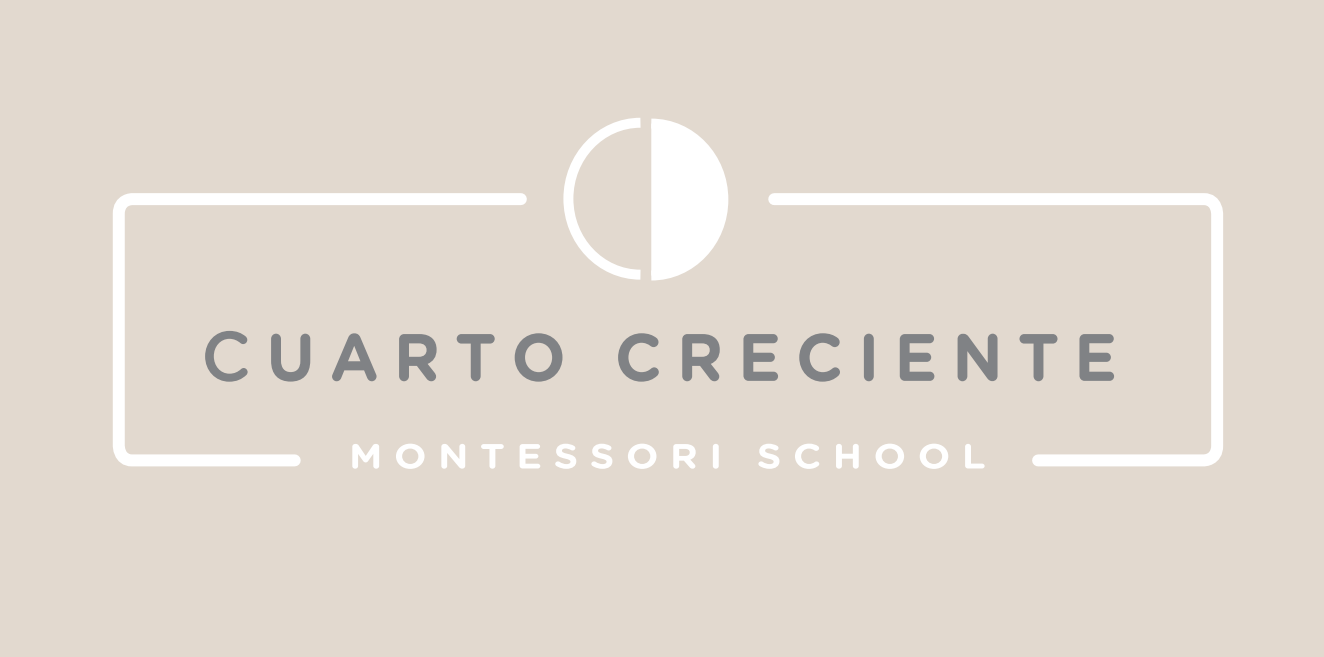FREEDOM OF MOVEMENT
One of the main premises of the Montessori Method is that children are not individually assigned a chair and a table from which they cannot move unless they are given permission to go to the toilet or to leave the classroom for recess. On the contrary, Montessori classrooms are wide open spaces where children move freely, picking up different trays with working materials or choosing an activity they want to work on. This way, a student can be seated at a table to work on a specific task and when they have finished, they put the materials away to then, for instance, choose other materials which they work with on a mat on the floor. After, they are able to continue working on other activities at another table.
This freedom of movement is connected to the need for children, especially those of a younger age, not to be sat in the same place for long periods of time because this lack of movement leads to difficulties in motor skills, and consequently, brain and intellectual development, as well as problems in reaching ever longer periods of attention and concentration. Children need to move regularly.
Needless to say, this freedom must overlap with self-discipline and from this freedom children understand there is a reason why it is necessary to move quietly through the classroom, in order not to bother the rest of the students that are working in silence. They learn that the rules we follow facilitate coexistence amongst all members of our school community.


